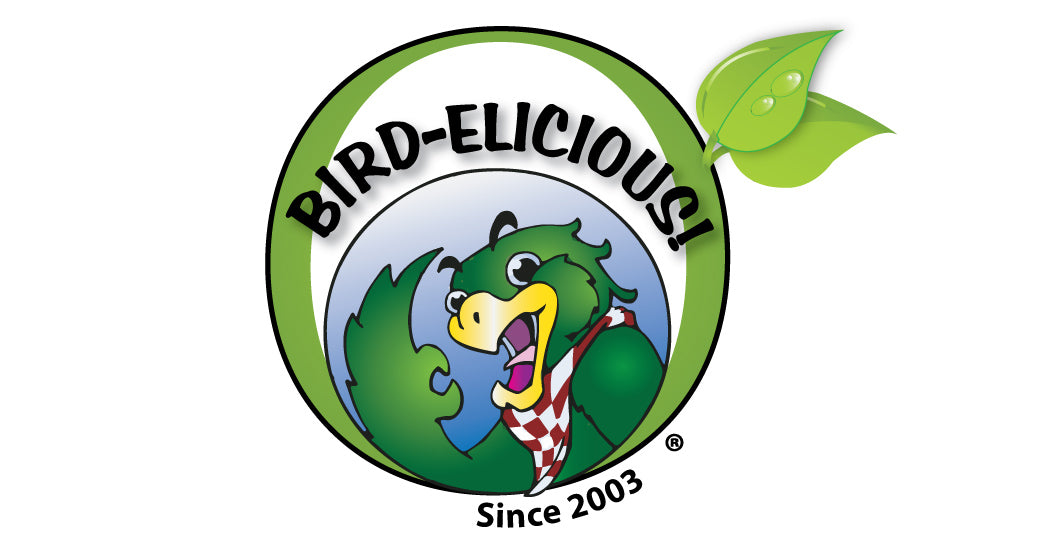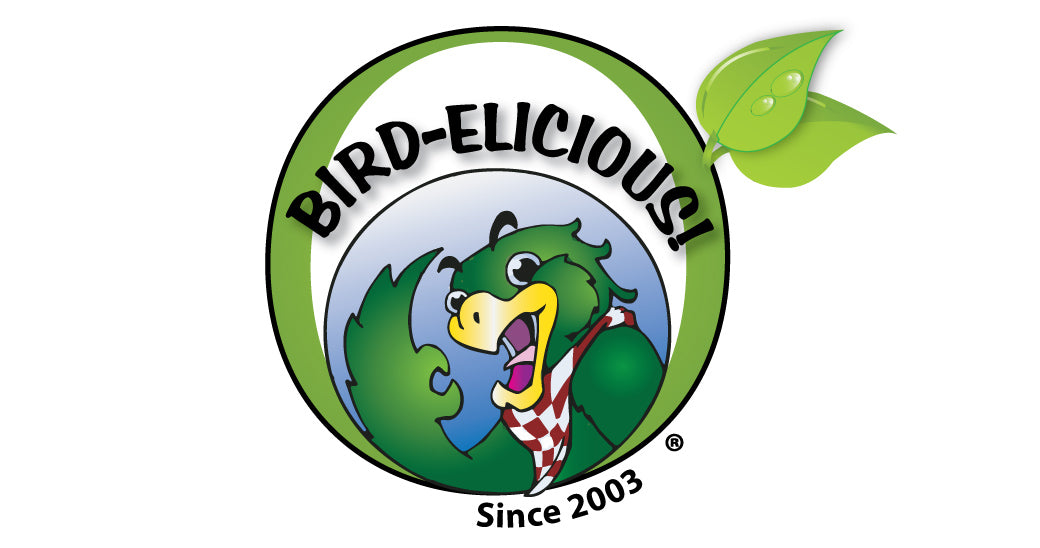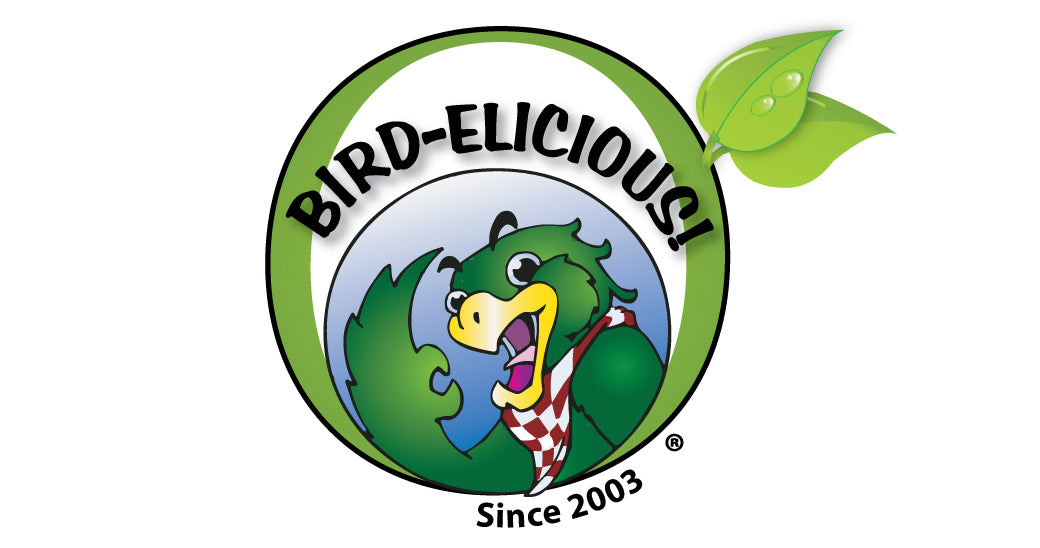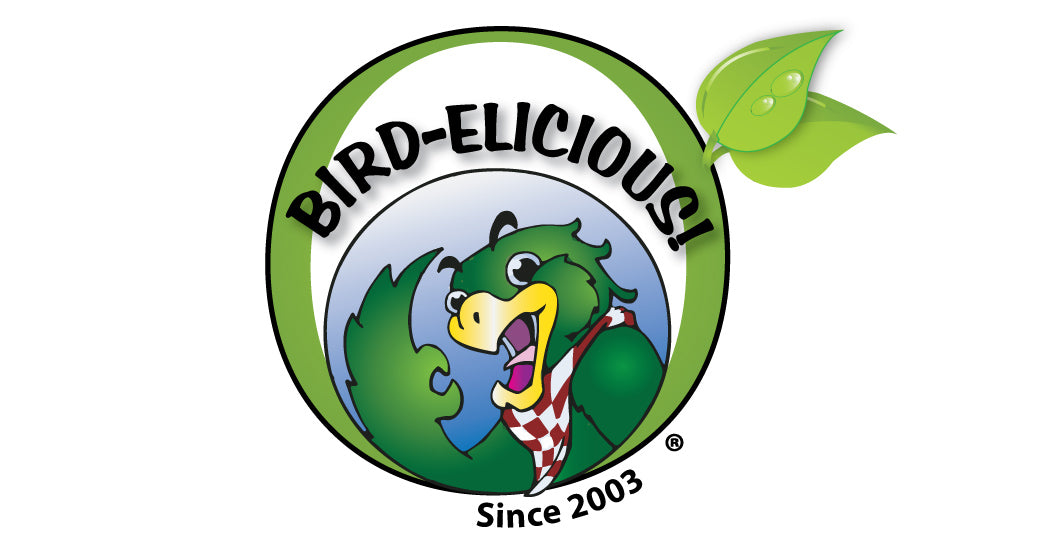Annual well-bird exams and tests are paramount to maintain avian health and nutrition! Many of us religiously take our pet birds in for annual veterinary exams and lab tests, but are we asking for the correct and complete tests we need to know precisely how our bird’s health is overall? Let’s explore the tests I recommend as an avian nutrition specialist!
Frequently I am asked which tests a caregiver should request when an annual well-bird exam and blood tests are performed by their bird’s diagnostic veterinarian. Often avian nutrition specialists encourage a more thorough and in-depth annual well-bird exam than most veterinarians recommend. Why a more in-depth exam with specific tests? Avian nutrition specialists usually recognize that the health of exotic birds requires a more thorough knowledge of a bird’s working system than genuinely domesticated mammals require. Especially if any kind of health issue is present, these in-depth tests can help an avian nutrition specialist direct the bird’s caregiver in providing the best possible nutrition during any illness and recovery period from an illness.
While it’s a good idea to ask for the standard clinical exam, along with the routine laboratory tests, it’s imperative to know specific blood levels of specific nutrients. It’s also important to make sure your bird’s overall endocrine system is functioning correctly. The “overall” endocrine system includes not only the thyroid and pancreas but also the liver and kidneys are part of the secondary endocrine system which secretes specialized hormones.(1)
When suggesting specific visual exams as well as laboratory tests I usually recommend the following:
1) CBC with Differential – This is the blood test showing red and white blood cell counts, hemoglobin level (oxygen), hematocrit (plasma), and platelet count (clotting). (This test is crucial to the avian nutrition specialist.) (2, 3)
2) Fecal Smear – Fungal, bacterial, and parasite testing should be requested. (This test is crucial to the avian nutrition specialist.)
3) Crop Swab – Fungal, bacterial and parasite testing should be requested. (This test is crucial to the avian nutrition specialist.)
4) Comprehensive Vitamin Blood Levels (This test is crucial to the avian nutrition specialist.) – This should include:
- Carotene (Beta Carotene)
- Vitamin A
- Vitamin B1
- Vitamin B2
- Vitamin B3
- Vitamin B5
- Vitamin B6
- Vitamin B12
- Vitamin C
- Vitamin D 25-Hydroxy (Vet may offer Vitamin D "deficiency" and/or "toxicity" test. Do not allow your vet to give a Vitamin A, D & E injection)
- Vitamin E
- Vitamin K
- Folic Acid (Folates)
5) Comprehensive Mineral Blood Levels (This test is crucial to the avian nutrition specialist.) – This should include:
- Calcium (Ionized calcium level is best and will give a better understanding of calcium actually absorbed. Whereas blood calcium levels will only indicate the actual calcium in the blood, not necessarily absorbed.)
- Copper
- Magnesium
- Manganese
- Zinc
*Comprehensive blood tests can help determine heavy metal toxicity and/or any unusual blood disorder and may even indicate the presence of cancer. This information is vital before any anesthesia is administered or radiation of any kind is used. Check with your avian nutrition specialist before allowing your bird to be exposed to anesthesia or radiation.
6) Liver Function Test – This will show on your bird’s lab report as AST, ALT, and ALP. The AST and ALT indicate liver enzymes (related to not only hepatic steatosis / lipidosis but also indicates the amount of protein, enzymes, and biliverdin (Birds have an insufficient amount of bilirubin. A more accurate account of liver pigment is measured by the amount of biliverdin in the blood of birds). (This test is crucial to the avian nutrition specialist.)
7) Avian Disease Tests – These include, but are not limited to the typical diseases of aves. If the former caregiver(s) or the current caregiver have never had these tests performed and no record of these tests are available, then I strongly suggest these tests are performed at least one time and records kept in a safe place along with all of your bird’s annual and intermittent diagnostic tests. (4) Many of these tests can be performed by the caregiver in their own home. Link #4 will lead you to Avian Biotech so you can order the swabs needed for tests that do not require a blood sample.
Some of the more common diseases birds are susceptible to are Chlamydia (bacteria), Clostridium (bacteria), Enterobacteriaceae (Enterobacter) (bacteria), Escherichia coli (E. Coli a sub-species of Enterobacteriaceae), Mycobacterium avium (TB- Tuberculosis) (bacteria), Psittacosis (bacteria), Salmonella (bacteria), Candidiasis (yeast fungus), Aspergillus (fungus), Megabacteria (fungus), Giardia (parasite), Cryptosporidium (parasite), Avian Polyomavirus (virus), Papillomatosis Disease (virus), Psittacine Beak and Feather Disease (PBFD) (virus), Pacheco’s Disease (virus), and Avian Influenzavirus (AIV) (virus). (5) Also, PDD (Proventricular Dilatation Disease with or without ABV (Avian Borna Virus). (6)
Also, each bird should be visually inspected for mites and lice.
8) DNA Test – If the caregiver is uncertain of the sex of their bird, a DNA test should be performed. While some think this information is unnecessary, knowing the sex of a bird can help solve potential health problems that may arise as your bird matures.
9) Skin Biopsy – If your bird engages in feather destruction, it is imperative said bird is visually inspected for and blood tested for parasites. Also, a skin biopsy should be performed to check for dermatological disorders and infection. (This test is crucial to the avian nutrition specialist if your bird engages in feather destruction.)
10) Basic Manicure – Finally, if your bird does not engage in a lot of foraging, chewing, beak and talon cleaning using safe wood branches, perches, fresh, organically grown green tree branches resulting in overgrown beaks (can be a sign of fatty liver disease) and overgrown talons, the caregiver should have their veterinarian trim the beak and/or talons of their bird.
11) Radiographs, CTs, PET Scans and MRIs are usually only necessary if a proper, absolute diagnosis of any illness or disease cannot be determined without any question. Any bird with heavy metal toxicity or known cancerous or non-cancerous tumors should not be exposed to any radioactivity until two or three opinions of a Board Certified Avian Veterinarian AND an experienced avian nutrition specialist is consulted, and opinions are given on a bird’s overall health and vitality. Only then can the caregiver make a knowledgeable decision regarding X-rays of any kind. Ultrasounds may be the safest in these cases, but less reliable. (7)
We all desire to have our feathered companions remain healthy, happy, alert and active! Preventative nutrition and health diagnostics aid in thriving health and vitality in our feathered friends. It’s always better, easier and less expensive to prevent rather than cure. Make sure you feed your bird the best possible diet and that your bird receives their annual well-bird exam to ensure and maintain your bird’s complete and optimum health!
Happy, healthy foraging!
©10.25.17 Passion Tree House LLC – All Rights Reserved – TheBestBirdFood.com




Michelle Naranjo
June 27, 2023
Ionized calcium